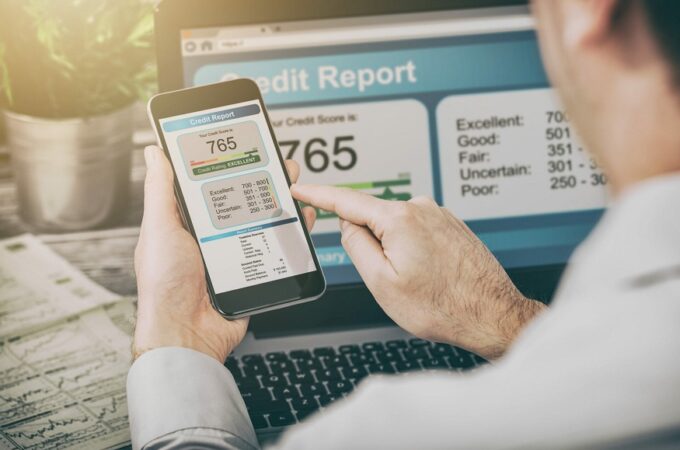
When should you file for bankruptcy?
There are many reasons why you may consider filing for bankruptcy. Sometimes doing so will reduce, if not completely eliminate, your debts, keep your collectors at bay, and possibly even allow you to keep your home. However, it’ll also cause long-term damage to your credit score, thus hampering your ability to borrow money in the future, raise your insurance rates, and possibly make it challenging to obtain employment. There are a few other things that you need to realize here as well.
There are different types of bankruptcy.
The federal court and its laws define six different types of bankruptcy.Chapter 7 and Chapter 13 are the two that most individuals use.
Chapter 7 Bankruptcy (a.k.a., straight bankruptcy, liquidation)
This is the type of bankruptcy that most people file for.Here the court appoints a trustee to sell some of your property. The proceeds are then used to partially repay your creditors and discharge your debts.
Chapter 13 Bankruptcy
When filing Chapter 13 bankruptcy, the court will approve a plan that enables you to repay your debts over a 3 – 5-year period. Here your assets aren’t liquidated, so you may be able to keep your home as long as you continue making the agreed-upon payment.
You should have a basic understanding of how to file for bankruptcy.
While you’ll want to leave the actual filing process to your attorney, it’s a good idea to know what to expect during the different phases. The steps you’ll need to take to file for bankruptcy include the following:
- You’ll need to complete a credit counseling session before you actually file your case. During this time, a counselor will review your situation, offer budgeting and debt management advice, discuss alternatives, and provide you with a certificate saying you’ve satisfactorily completed the course.
- Once you have your certificate, you can submit your bankruptcy petition. You’ll also need to submit proof of your income, assets, and debts. You’ll also submit a means test form to see if your income is low enough for you to qualify for Chapter 7.
- A trustee will be assigned to your case and arrange a 341 meeting (a.k.a. a meeting of your creditors). This is your creditors’ opportunity to ask you about your financial situation and what plans you have for repaying them.
- A judge will determine whether you qualify for bankruptcy and require you to take a debtor education course to learn more about budgeting and handling your debts. With this certification, your debts are discharged (Chapter 7), or a repayment plan is approved (Chapter 13).
Filing Bankruptcy doesn’t come without consequences.
Whether you file bankruptcy under Chapter 7 or Chapter 13, you’ll still experience some negative consequences. In fact, Experian (one of the nation’s three major credit bureaus) says that filing bankruptcy “has the greatest single impact on credit scores.” These will both remain on your record for an extended period (7 years for Chapter 13, 10 years for Chapter 7). Therefore, you’ll look like a poor risk for companies that request your credit report. You should also know that you’ll need to wait about eight years before filing again.
There are some times when your best option is to file for bankruptcy.
Although bankruptcy may be a great way for you to get a new start, the process by which you file bankruptcy is complicated. This is why lawyers will advise you to explore all your other options prior to filing. If you decide that bankruptcy is your only viable option, then use this as a learning experience in which you rebuild your credit.
It can be stressful when you’re facing the IRS. Don’t do it alone. With our help at the Weller Legal Group in Tampa, FL, we’ll walk alongside you every step of the way to ensure that the process goes smoothly. Contact us before you file bankruptcy.




